Quick Q&A with Fred Merwarth, Winemaker, Hermann J. Wiemer Vineyard
 One of the very first Finger Lakes wines that I remember tasting was a riesling from Hermann J. Wiemer Vineyard (I can't remember the vintage). I was still fairly new to wine, but enjoyed German rieslings even then, and I remember being surprised at how lively and delicious the Wiemer was. Unfortunately, Wiemer wines aren't widely available to me down here on Long Island, so I don't drink them as often as I'd like, but they are definitely worth seeking out.
One of the very first Finger Lakes wines that I remember tasting was a riesling from Hermann J. Wiemer Vineyard (I can't remember the vintage). I was still fairly new to wine, but enjoyed German rieslings even then, and I remember being surprised at how lively and delicious the Wiemer was. Unfortunately, Wiemer wines aren't widely available to me down here on Long Island, so I don't drink them as often as I'd like, but they are definitely worth seeking out.
For today's Q&A, we pose our questions to Fred Merwarth, long-time winemaker at Wiemer.
What (and where) was the first bottle of wine you remember drinking?
This is actually ironic. My first official encounter drinking wine was when I got put in charge of organizing the wine selection for a Christmas dinner my junior year at Cornell. The dinner was a formal gathering of fellow cross country runners who were not really too concerned with the quality or style of the wine. However, I went to Northside Wine and Spirits in Ithaca to help me accumulate a few wines that might elevate our palates. The final selection on the table consisted of only Finger Lake Rieslings and Pinot Noirs. The first bottle was either a semi-dry or dry riesling from Hermann J. Wiemer.
What event/bottle/etc made you decide that you wanted to be in the wine industry?
I spent a semester studying at the University of Freiburg, Germany. Studying, running and living within a very interesting wine region offered enough inspiration, however it was a trip to Colmar in Alsace that really stunned me. We spent an afternoon at a very small estate in a small town outside of Colmar called Eguishiem. The visit included a very detailed tour with the winemaker, a tasting with the winemaker and his grandmother, and concluded with a simple yet exquisite meal prepared by his grandmother. The wines were tremendous, but it was the history, melding of tradition and contemporary philosophy to wine that really stuck with me. After this experience, I knew exactly what I wanted to do.
Which of your current wines is your favorite and why?
2007 Reserve Cabernet Franc and our HJW Vineyard specific Dry Riesling 2007. To me, these wines offer a wonderful opportunity to taste a very specific location, vineyard and vintage.
What has surprised you most about being a member of the Finger Lakes wine community?
The differences in philosophy when it comes to winemaking, vineyard management and marketing.
Other than your own wines, what wine/beer/liquor most often fills your glass?
German Rieslings or a weighty dunkel weizen beer
Is there a 'classic' wine or wine and food pairing that you just can't make yourself enjoy?
Over-extracted, high-alcohol cabernet sauvignon from Old World and New World producers.
Wine enjoyment is about more than just the wine itself. Describe the combination of wine, locations, food, company, etc. that would make (or has made) for the ultimate wine-drinking experience.
I would image that most wineries have moments during a vintage where it is late on the press pad, people are tired, cold and wet from cleaning, yet the juice in the tanks is just great. At this moment when you can take a step back, take a breath, grab a bite to eat, taste something great, reflect on the day or week or month, this is the romance of wine. This experience will always be the ultimate wine experience.





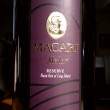
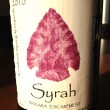
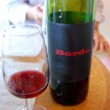
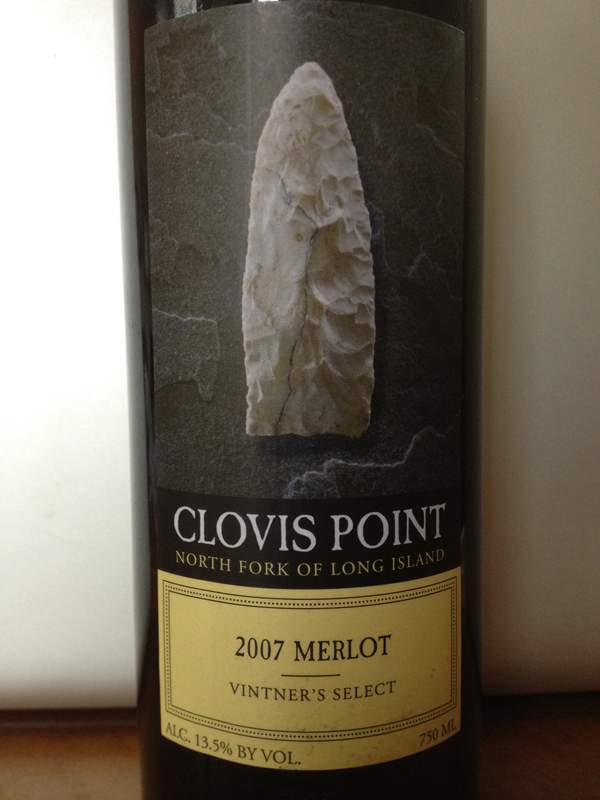
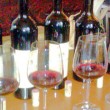
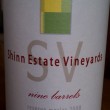
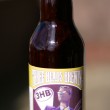
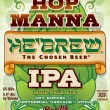
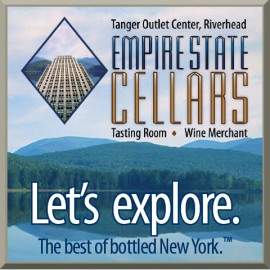

Any way you could have him elaborate on the 4th question? I hear that line all the time, but nobody ever explains what they mean exactly. I think most readers have a broad enough understanding of the wine making process that we could handle some specifics you may not include on a standard tasting tour.
The differences I have observed may be in our production versus other productions, however there appears to be philosophical contrast between how people approach aspects of the wine business. These fundamental differences range from how to farm, what should be put into the bottle, to ultimately how we should market the region outside of our 100 mile radius and most importantly their interconnection. On the vineyard side, yield management is key to producing great wines in a cool climate, especially in cool vintages. There still exists a disconnect between tons per acre and the final product. Once in the cellar, differences lay in winemaking practices such as the use of cultured yeast vs natural, fermentation times (15 day vs 3 months), use of fining agents, additives, the purpose of SO2, etc.